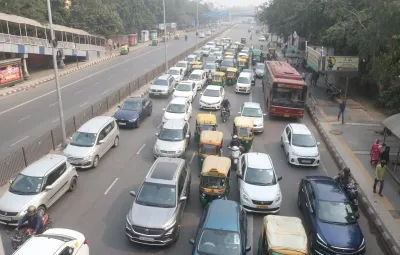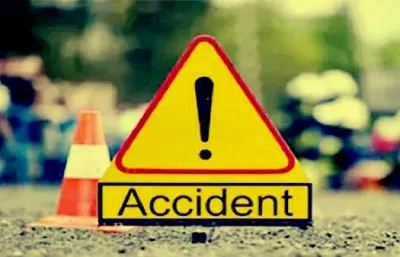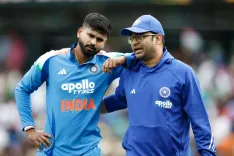Why Did the SC Reject the PIL for a National Vehicle Star-Rating System?

Synopsis
Key Takeaways
- The Supreme Court rejected the PIL for a vehicle star-rating system.
- The issue is considered government territory.
- Dr. Sanjay Kulshrestha filed the PIL advocating for environmental responsibility.
- India's air pollution crisis resulted in 2.1 million deaths in 2021.
- Major cities suffer high PM2.5 pollution rates.
New Delhi, Oct 27 (NationPress) The Supreme Court has declined to consider a public interest litigation (PIL) that called for the establishment of a nationwide star-rating system for vehicles aimed at mitigating air pollution and associated health risks.
Chief Justice of India (CJI) B.R. Gavai and Justice K. Vinod Chandran stated that the matter is within the government's purview and chose not to intervene.
"As this issue pertains to the State, we are not inclined to interfere; however, the petitioner is welcome to present their case to the Union of India, which will assess it based on its own merits," Chief Justice Gavai's Bench ruled.
The petition was submitted by Dr. Sanjay Kulshrestha, who represented himself, asserting that a vehicle star-rating system similar to those in several developed nations would enable consumers to make environmentally conscious decisions and help mitigate vehicular pollution.
"Currently, in India, we have energy-based star ratings for refrigerators and air conditioners; why shouldn't automobiles have the same? While ACs and refrigerators are used indoors, vehicles operate on the roads, impacting the health of the public. Our conveniences shouldn’t harm others," the PIL argued, emphasizing that this star rating would motivate consumers to choose eco-friendly vehicles.
It noted that air pollution in India resulted in 2.1 million deaths in 2021, with 60% linked to PM2.5 emissions primarily from vehicle exhaust.
Referencing a study published in The Lancet Regional Health journal, the petition highlighted that high levels of PM2.5 pollution are responsible for around 33,000 annual fatalities in major Indian cities like Delhi, Bengaluru, and Mumbai.









